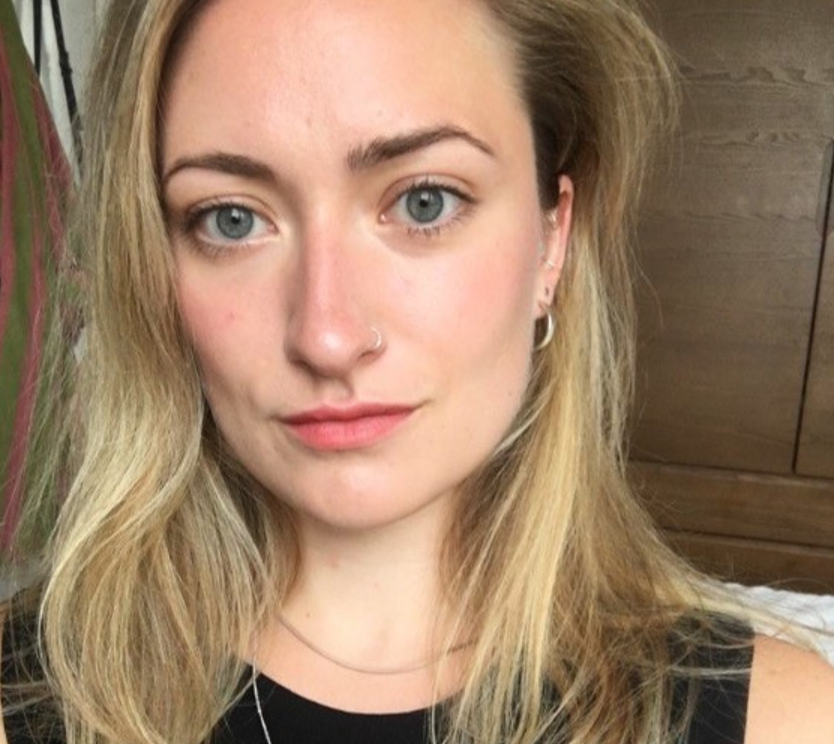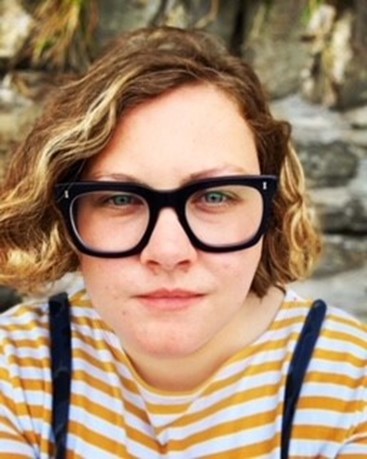National Inclusion Week - Hollydawn Murray
30 September 2021 | Author: Hollydawn Murray, Head of Open Science, Research Culture, & Impact
Ableism and the Ivory Tower
As part of early work to promote and improve diversity and inclusion across Health Data Research UK’S (HDR UK) research community, I have had the opportunity to learn more about ableist attitudes in academia, the barriers faced by academics with disabilities, and the importance of enabling inclusive research communities and practises.
Today, I want to share with you the insightful resources that have helped evolve my thinking and which have the power to shift perspectives – with the aim of raising awareness on the endemic nature of ableism in academia.
What is ableism?
Within academia, ableism (as I understand it), refers to how universities systemically discriminate against people with disabilities by valuing the ‘able mind and body’ as its norm. Those people who fail to meet this norm are excluded by design. And this exclusion is reflected in the data: 30% of the general population are thought to have a condition that would be recognised under the UK’s 2010 Equality Act and approximately 15% of undergraduate STEM students disclose a disability; however, in academia, less than 4% of staff declare a disability. The ‘cliff edge’ of lower rates of disability in academic staff suggests academia itself is inaccessible.
More important than the data, however, is listening to individuals with lived experiences and recognising that disability, itself, is diverse and does not exist in a silo – the barriers in place across academia are compounded for disabled people who are further marginalised (such as women and the LGBTQ+ community).
What I’ve read
First published in 1983, the social model of disability proposes that what makes someone disabled is not their medical condition, but the attitudes and structures of society.
The Social Model of Disability
An article exploring the challenges experienced by disabled scientists before and during the COVID-19 pandemic and flagging recommendations and examples of good practice to adopt in order to challenge ableism in Science, Technology, Engineering, and Mathematics (STEM).
This book combines research data and lived experiences to provide an interdisciplinary outlook on ableism. As it says on the tin, this book has raised my awareness and increased my understanding of marginalised academics.
Described as an “important and eye-opening collection [that] explores ableism in academia from the viewpoint of academics’ personal and professional experiences and scholarship”, I must admit this book remains on my to-read list. But given the insights gained from Nicole Brown’s previous edited work (see above), I am very much looking forward to diving in.
Lived Experiences of Ableism in Academia
Who I follow
The National Association of Disabled Staff Networks (NADSN) is a ‘super-network’ that connects disabled staff networks across the UK to share experiences and good practice, and to examine challenges and opportunities – with a focus on the tertiary education sector (i.e. universities, colleges, etc).
Equality, Diversity and Inclusion in Science and Health (EDIS) is a coalition of organisations working to improve equality, diversity and inclusion within the science and health research sector.
Voices of Academia brings together academics across the globe to normalise conversations about mental health and mental illness in academia – through blogs and podcasts.



